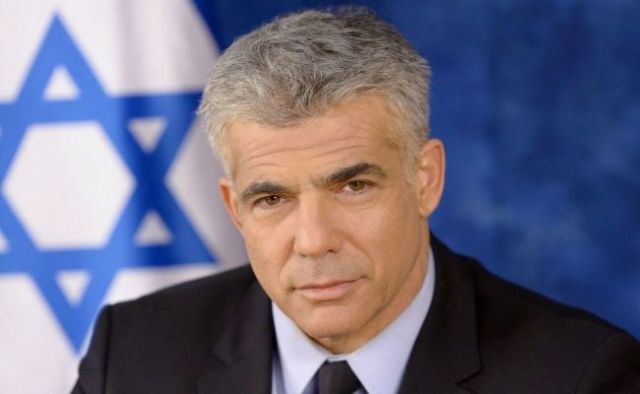Jerusalem. January 5th. INTERFAX - The restoration of the Joint Comprehensive Plan of Action (JCPOA) on the Iranian nuclear program is better for Israel than the absence of an agreement, the Jerusalem Post reported on Wednesday, citing the head of the Israeli Military Intelligence Directorate, Major General Aaron Khaliv.
The corresponding statement was made by the Major General last Sunday at a meeting of the Cabinet on security issues.
He explained that the restrictions imposed by the JCPOA on Iran's nuclear activity are preferable to complete non-compliance with the terms of the agreement.
However, the Jerusalem Post clarifies, this point of view runs counter to the opinion of the director of the Israeli intelligence "Mossad" David Barnea, who is not a supporter of the JCPOA and believes that there is still time for a dialogue with the United States about the content of another future deal with Iran.
Earlier this week, Israeli Foreign Minister Yair Lapid said that the current negotiations in Vienna on Iran's nuclear program will not lead to optimal results for Israel. At the same time, he noted that he himself, Israeli Prime Minister Naftali Bennett, and Defense Minister Beni Gantz do not oppose the agreement on the Iranian problem as such.
In 2015, Iran and the six countries - the five permanent members of the UN Security Council and Germany - concluded a nuclear agreement (JCPOA), according to which Tehran should limit the development of its nuclear program exclusively for peaceful purposes. Special parameters were agreed upon, including the level of uranium enrichment, access to Iranian nuclear facilities by IAEA inspectors in exchange for a step-by-step lifting of sanctions. Former US President Donald Trump unilaterally withdrew from the JCPOA in 2018 and resumed anti-Iranian sanctions, which prompted Tehran to gradually abandon compliance with some of the terms of the deal.
Subsequently, from April to December 2021, Iran and a number of world powers held seven rounds of talks in Vienna with the aim of restoring the JCPOA. The United States is not directly involved in them.

